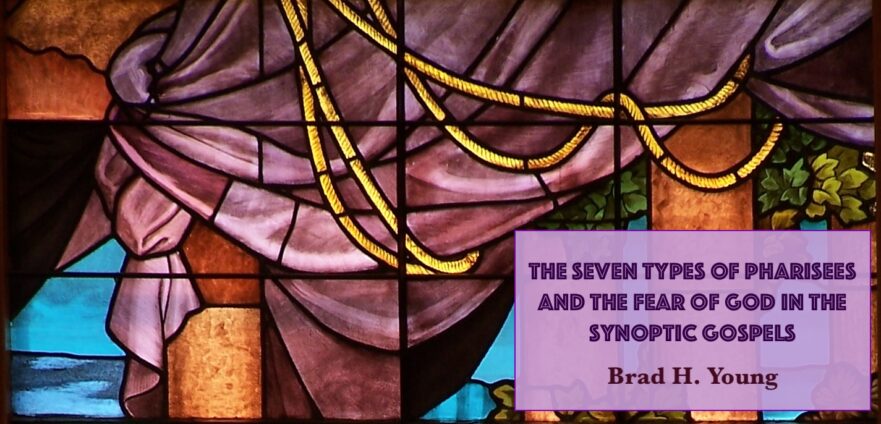Ancient Jewish sources attest to a debate over which motivation for keeping the commandments—fear or love—was most highly to be esteemed. This debate surfaces, among other places, in the Talmudic discussions of the seven types of Pharisees. These seven types and the debate over love versus fear illuminate important aspects of Jesus’ teaching.
The Didache and its Relevance for Understanding the Gospel of Matthew

In this article, Professor Huub van de Sandt introduces readers to the fascinating treatise called the Didache, and discusses how this early Christian document, which was based on an earlier Jewish source, helps us understand the Gospel of Matthew.
Why Do the Wicked Prosper?
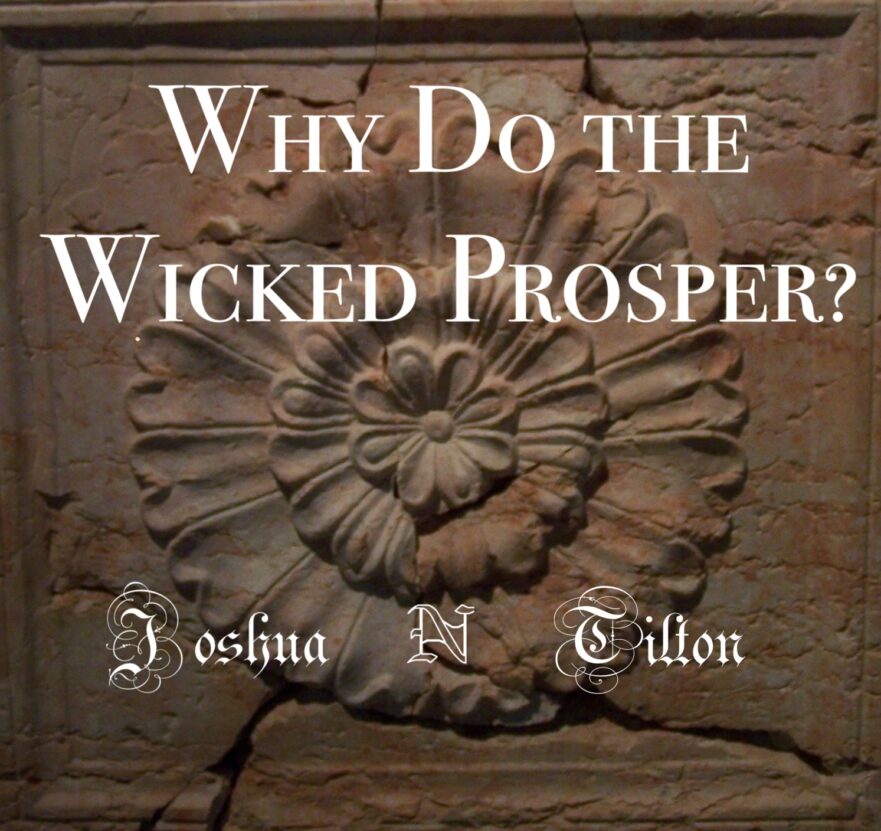
Why do the wicked prosper? No one knows, but ancient Jewish thinkers reminded the faithful that appearances are not always what they seem.
Sending the Twelve: Conduct in Town
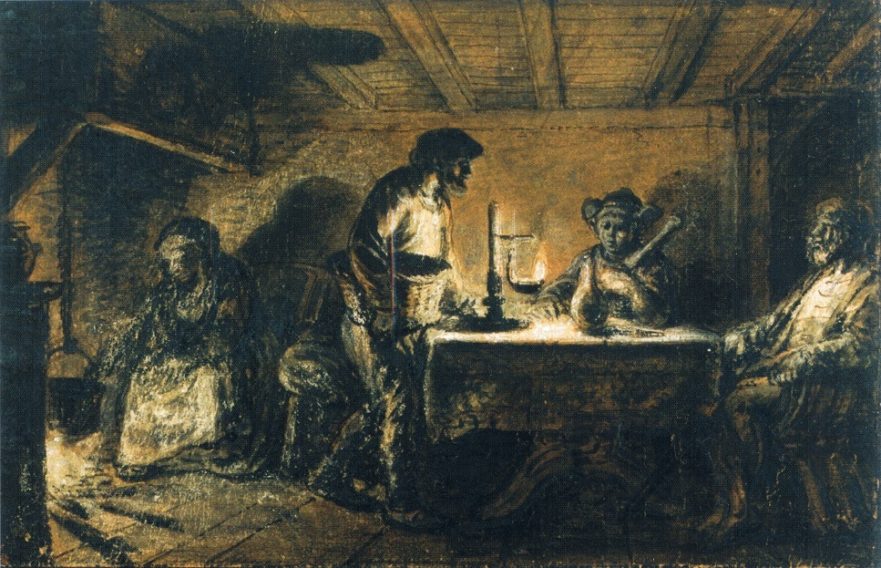
David N. Bivin and Joshua N. Tilton suggest a Hebrew reconstruction of Jesus’ instructions about how the twelve apostles were to behave when they entered a town. In this pericope we learn about the giving and receiving of hospitality among Jesus’ earliest followers. We also learn what may be wrong about the popular view that shaking the dust from the apostles’ feet was a symbolic action meant to signal to Jews who rejected Jesus that they were henceforth to be considered as Gentiles.
The Good Samaritan
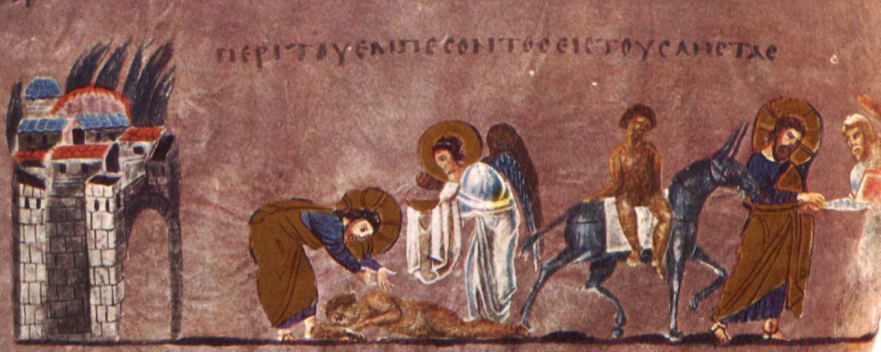
The parable of the Good Samaritan came as a response to the lawyer’s question, “And who is my neighbor?” The lawyer wanted Jesus to draw a circle defining who is inside, and therefore the neighbor I must love, and who is outside. Jesus, by using Leviticus 19:34, ingeniously turned the lawyer’s question on its head.
This article is a sample chapter of Marc Turnage’s, Windows into the Bible: Cultural and Historical Insights into the Bible for Modern Readers (Springfield, Mo.: Logion, 2016), which will be released at the end of March 2016.
Parables on the Character of God

Jerusalem Perspective is excited to announce that in the coming months Dr. R. Steven Notley will be sharing a series of blogs on Jesus’ parables with our readers. In anticipation of these blogs, and as a preview of what we might expect from Dr. Notley, we are sharing two sermons on the parables that Dr. Notley delivered to the Narkis Street Congregation in Jerusalem. Enjoy!
Character Profile: Rabban Gamliel the Elder
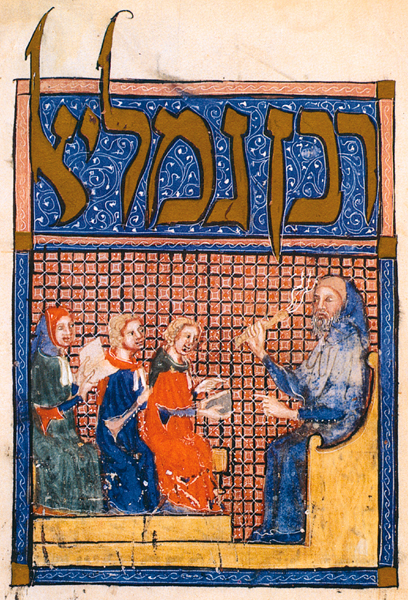
The ancient Jewish sage Rabban Gamliel is mentioned not only in rabbinic literature, but also twice in the New Testament. Marc Turnage introduces us to this important figure in the history of Judaism and Christianity.
Video Clip: Brad Young on “Why Rabbinic Literature is Pertinent to the Study of the Gospels”

In this video Brad Young discusses why rabbinic literature is, unfortunately, so often dismissed as a valuable source for understanding Jesus’ message.
LOY Excursus: The Kingdom of Heaven in the Life of Yeshua

In this excursus to the Life of Yeshua commentary, David N. Bivin and Joshua N. Tilton delve into the ancient Jewish concept of the Kingdom of Heaven and discuss the ways in which Jesus made use of this concept in his own unique style.
The Apostolic Decree and the Noahide Commandments
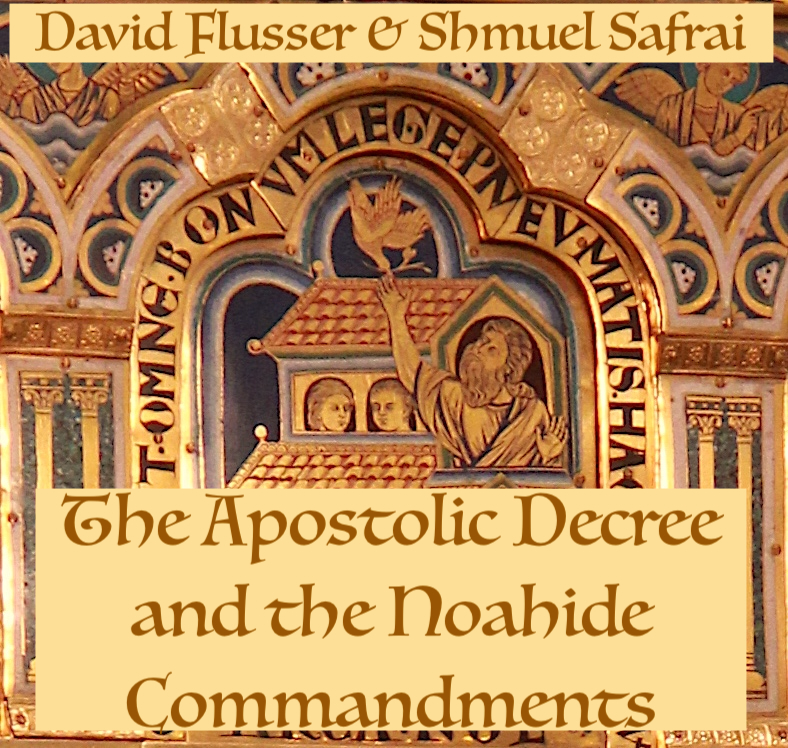
Jerusalem Perspective is pleased to make available to the English-speaking world this important article written originally in German by David Flusser and Shmuel Safrai: “Das Aposteldekret und die Noachitischen Gebote,” in Wer Tora mehrt, mehrt Leben: Festgabe fur Heinz Kremers (ed. E. Brocke and H.-J. Borkenings; Neukirchen-Vluyn, 1986), 173-192.
Lord’s Prayer

David Bivin and Joshua Tilton envision how the Lord’s Prayer might have been formulated in its original language and explore the ancient Jewish context to which the Lord’s Prayer belongs.
The “Hypocrisy” of the Pharisees
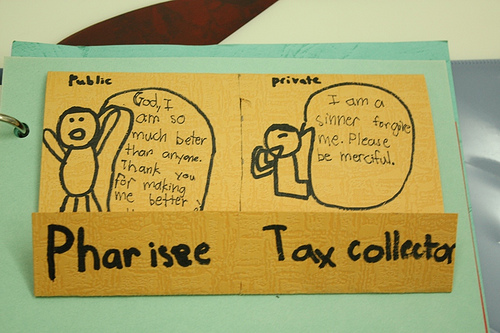
Without reading the Scriptures carefully, and without a familiarity with Second Temple-period extra-biblical sources, a simple reader of the New Testament might assume that a majority of the Pharisees were hypocrites and that the Pharisees as a movement were indeed a “brood of vipers.” As a result of this common Christian assumption, the word “Pharisee” has become a synonym for “hypocrite” in the English language.
The Theological Significance of the Parable in Rabbinic Literature and the New Testament
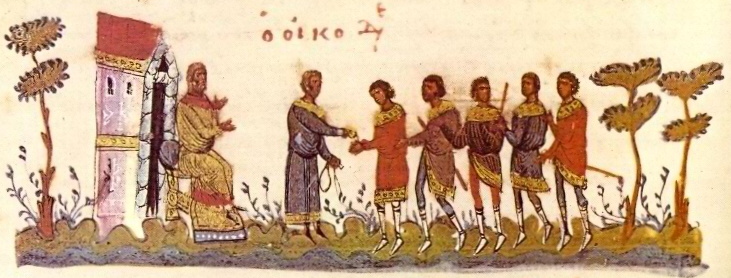
One of the finest articles ever written on rabbinic parables and the parables of Jesus was published in 1972 in the now defunct Christian News from Israel. The article is a classic, but, unfortunately, no longer available. Jerusalem Perspective is pleased to resurrect this milestone article together with the responses of founding Jerusalem School members, the late Robert L. Lindsey and David Flusser.
A Brief Critique of George Eldon Ladd’s Views on the Kingdom of God
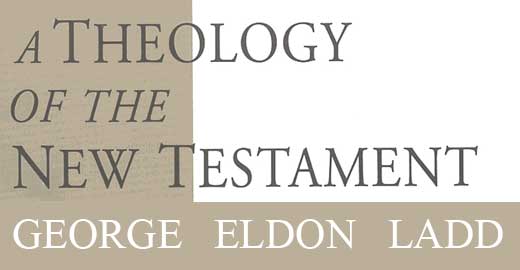
Ladd’s imperfect view of Judaism affected the methodology of his research.
Threading a Needle
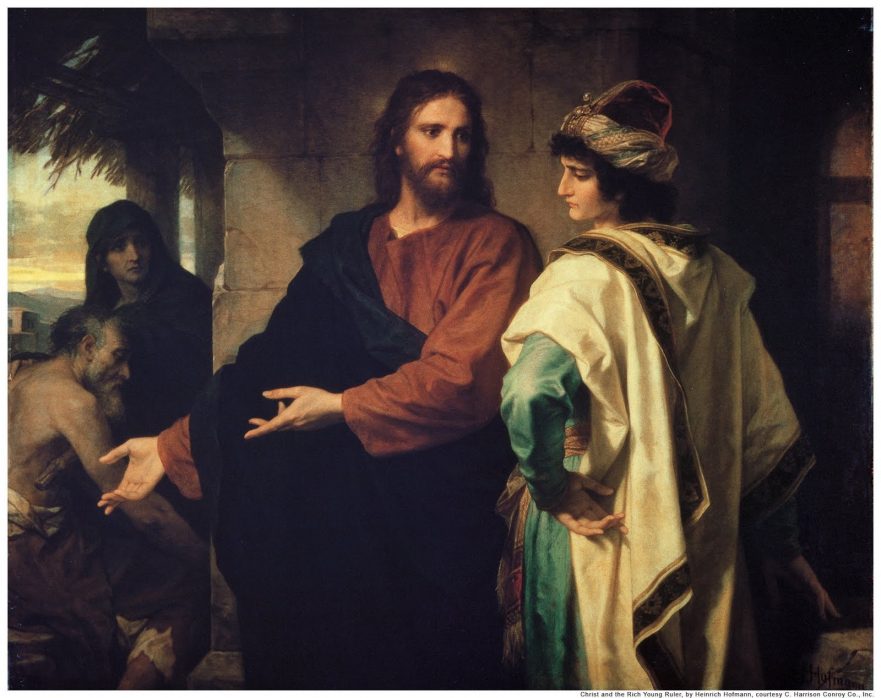
Over the past few years, I have reflected much on the phrases “to enter the Kingdom of Heaven” and “to inherit eternal life.” One important conclusion that I have reached from reading early rabbinic literature and Matthew, Mark, and Luke is that these are two independent concepts sharing a fuzzy area of overlap.
Jehovah and PIPI
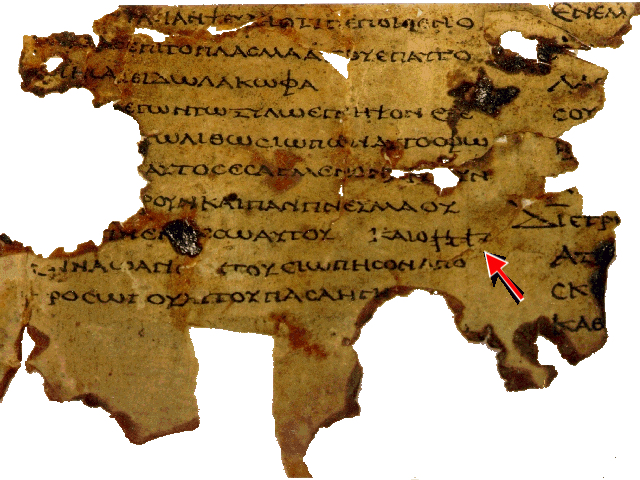
According to Jerome, those who were unfamiliar with Jewish customs tried to pronounce the Hebrew letters as if they were Greek letters. The result was quite a howler: they pronounced YHVH as PIPI!
Measure For Measure

Some of the things Jesus emphasized in his teachings stand as strong warnings to those who belong to the community of faith. Jesus made statements about not lapsing into prideful judgmentalism, and becoming centripetal in one’s thinking. Jesus taught that our attitude toward other people—outsiders, even sinners—must be like God’s.
Repentance: God Inhales

Blessing God as one who delights in repentance has rich theological implications. Nevertheless, this blessing runs the risk of inaccuracy by understating God’s reaction to repentance. He not only delights in it but displays peculiar patterns of behavior when under its influence.

